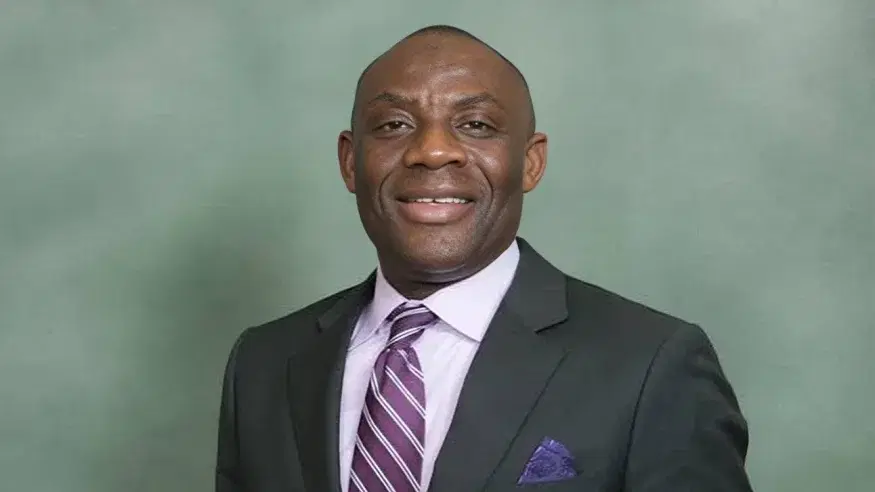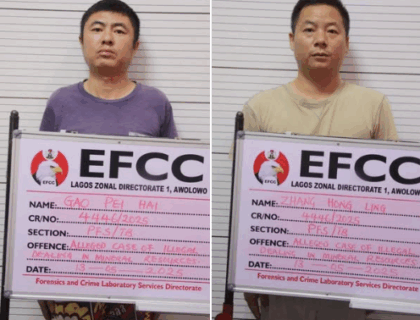Minister of Education Proposes Scrapping JSS and SSS for 12-Year Basic Education Model
The Minister of Education, Tunji Alausa, has proposed the elimination of the current Junior and Senior Secondary School structure in Nigeria, advocating for a compulsory 12-year uninterrupted basic education system.
He made this proposal during the 2025 National Council on Education (NCE) meeting held in Abuja on Thursday, February 6.
The event was attended by education commissioners from the 36 states and the FCT, along with representatives from various government agencies and development partners.
Alausa stated that replacing the 6-3-3-4 system with a 12-4 model would reform Nigeria’s education sector to meet “global standards.”
Currently, Nigeria follows the 6-3-3-4 system, where students complete six years of primary school, three years of junior secondary, and three years of senior secondary before proceeding to a four-year tertiary education.
The minister also revealed that the government is seeking approval from the National Council on Education (NCE) to set 16 years as the minimum entry age for tertiary institutions. According to him, integrating secondary education into basic education would ensure uninterrupted learning until students reach 16.
The minister said a 12-year basic education system will ‘’reduce dropout rates by removing financial and systemic barriers.” He added that the move would ‘’standardise the curriculum and offer early vocational training to prepare students for higher education and employment.”
He said that if the policy is adopted, it will ‘’enhance economic and social development by equipping young people with relevant skills and reducing child labour.”
‘’“Extending basic education to 12 years will ensure a standardised curriculum that is uniformly implemented across the nation. This will also facilitate early exposure to vocational and entrepreneurial skills, preparing students for both higher education and employment.
Many developed nations have implemented similar systems where basic education spans 12 years, ensuring that students acquire foundational knowledge before specialising at tertiary levels. This reform also aligns Nigeria’s education system with international standards, fostering better educational outcomes and global competitiveness,” he said.
You may be interested

FCT Police Spokesperson SP Josephine Adeh Honoured with Best Police PRO Award at 2025 Nigerian Police Awards
gisthub - Jun 05, 2025Superintendent of Police Josephine Adeh, the FCT Police Command’s Public Relations Officer, has clinched the prestigious title of Public Relations Officer of the…

Woman Whose Lip Was Severed by Ex-Boyfriend Shares Recovery Seven Years Later
gisthub - Jun 05, 2025Kayla Hayes’ story is a powerful example of resilience in the face of unimaginable violence. In 2017, at just 17, she was brutally…

Pornhub Ban Spreads Across Europe Over Under-18 Access Dispute
gisthub - Jun 05, 2025Pornhub’s bold exit from France is a striking clash between digital privacy and regulatory zeal—a flashpoint in the ongoing war to shield minors…














Leave a Comment